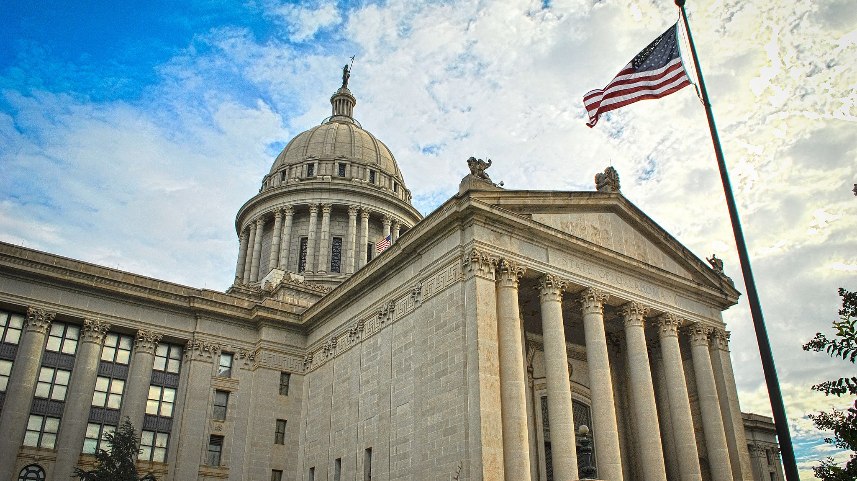I'm a little late to the party here and I haven't read it all, but here's what I have.
First, read
the actual decision. Remember, the media likes to play keep-away with the primary data so they can get you riled up into partisan tents.
Now my thought is, first off, it shows a general sensible legal logic. So far, my fears of Trump appointing 13 WWE wrestlers to the Court to give the verdicts he wants haven't materialized, though tomorrow's another day.
The case compares the situation to Jehovah's Witnesses who don't salute the flag. My mother told me the story of a kid like that, relentlessly picked on by a teacher for his refusal, and so that particular precedent carries a lot of resonance.
Do parents have a right to opt out of specific things they don't like? Now to be sure, opting out of
speech and opting out of
reading seem like two very different things to me. But how different?
A key phrase in the ruling is
"unmistakeably normative". This is an important one. The kids aren't being asked to read a book about gay penguins adopting an egg, because it is one of the best-known works in the English language, exhibiting spectacular glibness of speech, while introducing students to the rich archaic vocabulary of years gone by ... that would be Shakespeare. No, a book like that is being presented because it is
trying to make kids think a certain way. A good way, to be sure, where LGBT etc. is concerned, but still, they are clearly laying it on thick. This makes it more like the Pledge of Allegiance in that they're trying to promote some kind of morals, and puts them squarely in the gunsights of the court verdict.
As a general rule, people should be reluctant to get involved in fighting a Supreme Court verdict unless their most fundamental rights have been denied. You have to more or less commit to an insurgency, at least in the spiritual sense, to take on a fight like that: you either have to get the constitution rewritten, or deny the legitimacy of government, or do some such major thing. The Democrats have repeatedly come to voters saying "this is a bad verdict and we're going to fight it all the way..." only to forget about it six months later. I say, skip ahead the six months and save yourself some time. The "opt out" thing sounds annoying and inconvenient to some bureaucrats - who may have to deal with a flood of opt outs of many descriptions beyond LGBT soon - but it is nothing for most people to worry about
per se.




